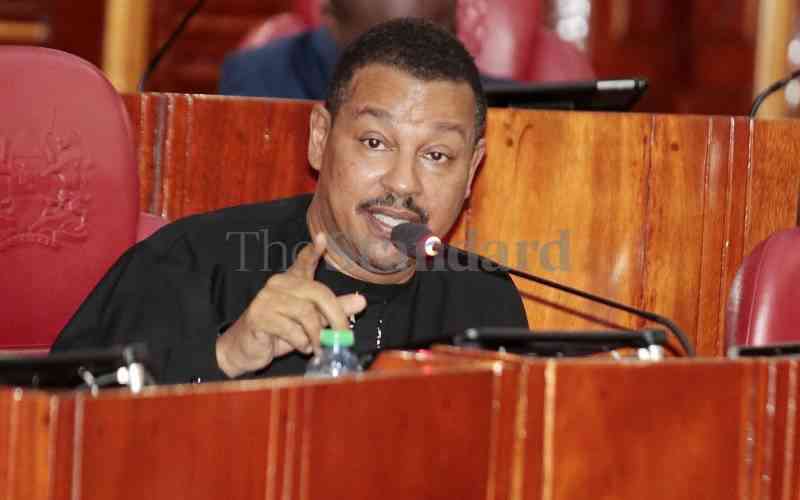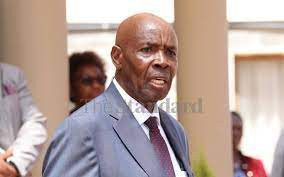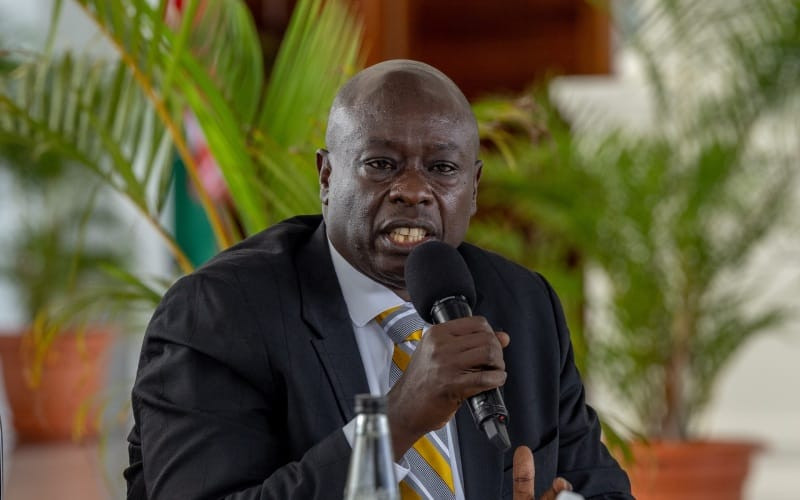The decision by the Government to use personnel from the Kenya Police Reserve (KPR) in the security operations going on in Baringo and Laikipia is problematic as it has elicited various complaints, accusations, and counter-accusations regarding professionalism, human rights violations, and matters of accountability that need to be addressed urgently.
Following the spate of insecurity in the areas, the Government responded by sending high-powered delegations that included high-ranking officials such as the Deputy President, the Cabinet Secretary in charge of Interior, and the Inspector-General of Police to visit the regions to assure the residents of their safety. This was, however, followed by more deaths and destruction of property. Part of the Government’s strategy in the wake of these attacks has been the deployment of Kenya Police Reservists.
The KPR was created as a supplementary force under the old Police Act. They have played an important role, assisting the Kenya Police Service to maintain law and order. The draft Service Standing Orders maintain the KPR for the rationale that it will enhance the staffing levels of the police service. This is especially true in the vast northern parts of Kenya.
Which begs the question: has the police service been overwhelmed in these conflicts? One wonders whether KPRs have the ability to restore normalcy in Baringo and Laikipia, especially since they operate on a voluntary basis and thus do not expect any compensation for the various services that they offer in the maintenance of law and order. This means that they might be less dedicated than the regular officers, who are employed and trained to protect life and property and maintain law and order.
Further, in the event that the KPR officers lose their lives in the line of duty, they are not entitled to any compensation. The second issue of concern relates to the level of training offered to KPRs to enable them to discharge their mandate. Regular, Administration, and General Service Unit personnel go through nine months of training to prepare them to handle their job as required.
The kind of training offered to the KPRs, if any, does not make them competent to deal with the kind of volatility that we are experiencing in these regions. The third issue of concern relates to the level of accountability that the KPRs would be subjected to in the course of performing their duties. The Government needs to take a fresh look at the decision to engage KPRs. Samson Omondi, Nairobi.
 The Standard Group Plc is a
multi-media organization with investments in media platforms spanning newspaper
print operations, television, radio broadcasting, digital and online services. The
Standard Group is recognized as a leading multi-media house in Kenya with a key
influence in matters of national and international interest.
The Standard Group Plc is a
multi-media organization with investments in media platforms spanning newspaper
print operations, television, radio broadcasting, digital and online services. The
Standard Group is recognized as a leading multi-media house in Kenya with a key
influence in matters of national and international interest.
 The Standard Group Plc is a
multi-media organization with investments in media platforms spanning newspaper
print operations, television, radio broadcasting, digital and online services. The
Standard Group is recognized as a leading multi-media house in Kenya with a key
influence in matters of national and international interest.
The Standard Group Plc is a
multi-media organization with investments in media platforms spanning newspaper
print operations, television, radio broadcasting, digital and online services. The
Standard Group is recognized as a leading multi-media house in Kenya with a key
influence in matters of national and international interest.







